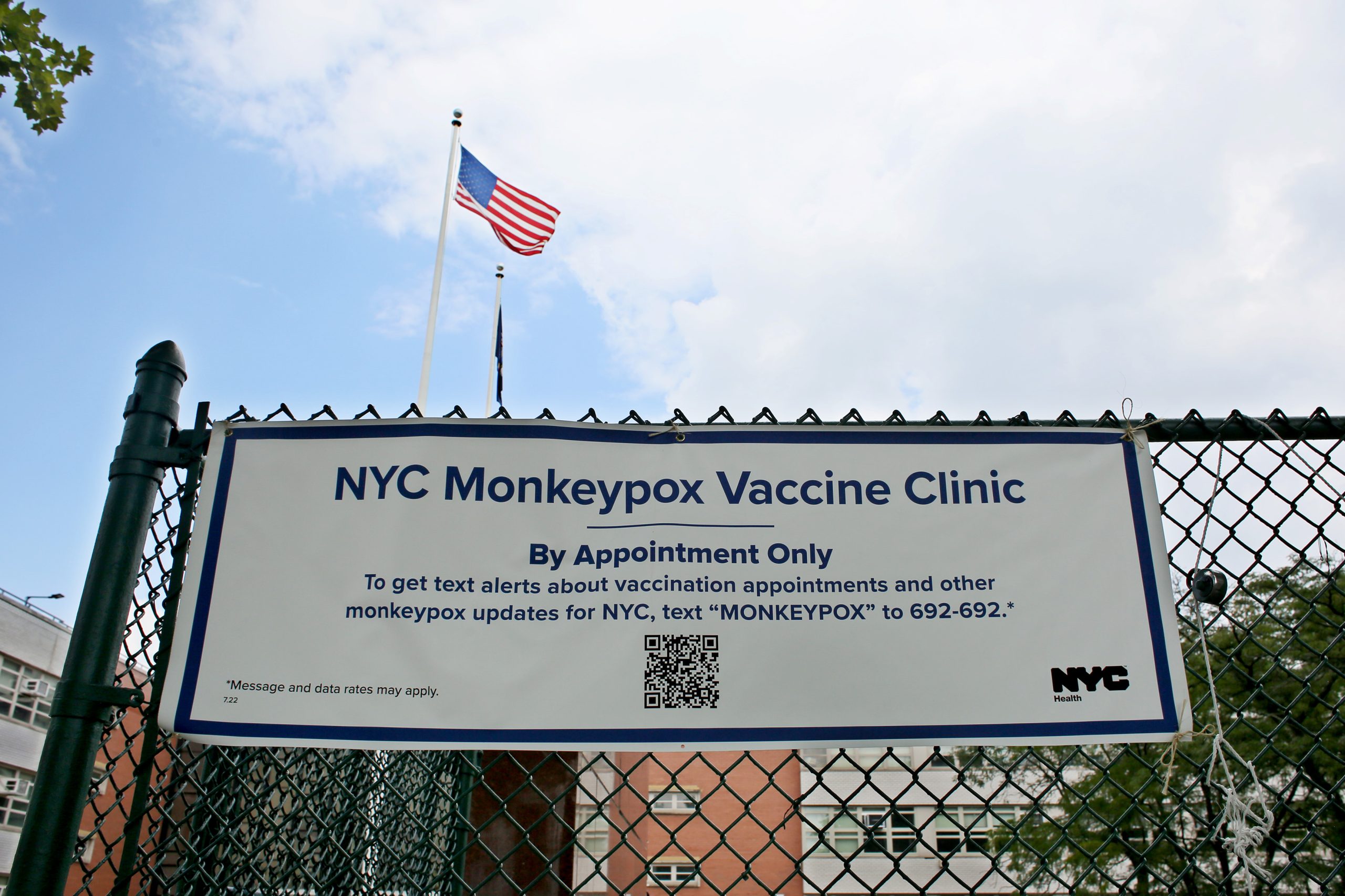As global monkeypox cases continue to climb, health officials are investigating reports of several new deaths, which include the first batch of deaths reported from countries outside of where the virus is endemic in animals.
The global case count is now over 25,000, with more than 6,000 in the US. The global death toll is now at least 10. Previously, officials reported three deaths from Nigeria and two from the Central African Republic, both of which have historically reported monkeypox spillover cases. On Monday, Ghana, which has also historically had cases, reported its first death. At the same time, four new deaths have been reported in Spain (2), Brazil (1), and India (1). Officials at the World Health Organization are still waiting for more clinical information on the cases.
Initial media reports suggest that the death in Brazil was a 41-year-old man who had lymphoma and was immunocompromised and was therefore at higher risk of severe disease.
The other three cases reportedly died from encephalitis—inflammation of the brain—which is a known potential complication of monkeypox. In India, officials said a 22-year-old man died after returning from a trip to United Arab Emirates, where he initially tested positive for the virus. He delayed treatment while he was in the UAE but then deteriorated upon his return to India, dying in the hospital after being placed on a ventilator. Officials there told reporters that he had also tested positive for Epstein-Barr virus, the cause of infectious mononucleosis, and that they were still investigating other possible underlying health conditions.
In Spain, a 31-year-old and a 44-year-old reportedly died of monkeypox-associated encephalitis. Reports so far suggest that both were previously healthy and not immunocompromised.
The clade of monkeypox virus spreading in the multinational outbreak is historically thought to have a fatality rate of up to 3 percent in endemic countries. Though deaths remain rare in the current multinational outbreak, health officials say they're seeing a broader spectrum of disease.


